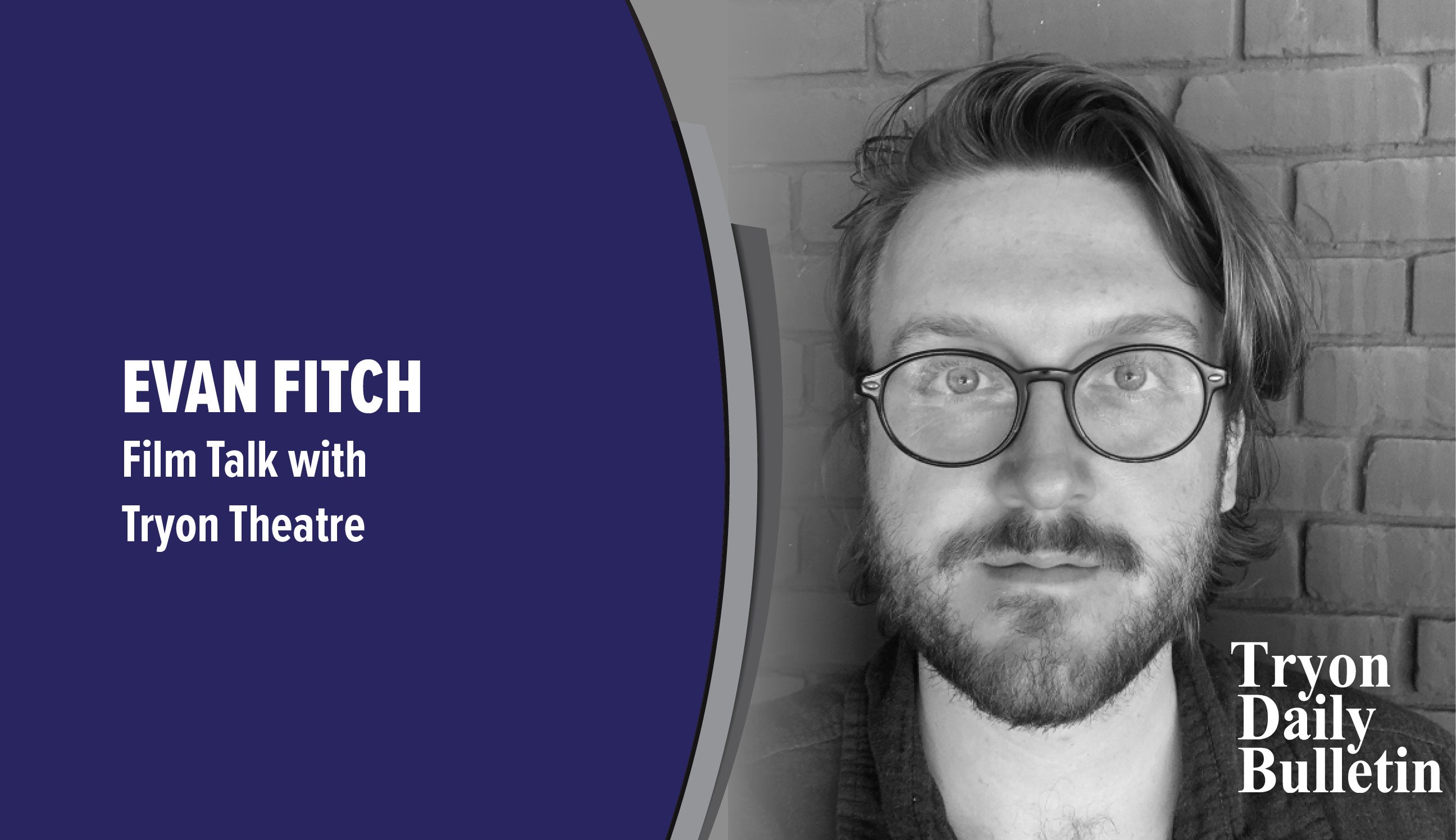Biting British comedy in “Wicked Little Letters”
Published 12:20 pm Tuesday, May 7, 2024
This week at the Tryon Theatre, we have “Wicked Little Letters,” a biting British comedy starring the phenomenal Olivia Coleman, an actress whose comedic timing is matched only by her dramatic depth. This film is a quick and sharp comedy with rapid lines and a lean runtime. The dialogue, like many other excellent British comedies, is snappy and quippy, combining cheek and vulgarity in perfect pairing. The vulgarity of the dialogue is not only an element of the comedy but is integral to the plot. This quaint but absurd story is based on a true scandal that took place in England in the early 1900s.
Set in a small English town during the height of the 1920s suffragette movement, this film finds a small community plagued with scandal as virulent and vulgar letters are making their way into mailboxes, prompting an investigation into who may be authoring these offenses. The gossip of the town, and the eye of the inspector, soon fall on Rose (Jessie Buckley), a local single mother and an Irish immigrant well known for her free-flowing verbal obscenities. Edith, Olivia Coleman’s character, is a reserved and well-to-do woman of significance in town who finds herself a recipient of one of these mysterious missives. However, she has her suspicions about the veracity of Rose’s guilt, despite their dissimilarity, and soon begins an investigation of her own.
One of this film’s greatest appeals, like many British films, is the setting, both physically and temporarily. As a period piece, it provides a great opportunity for the cohesive aesthetic immersion of combined set and costume design. Much of the charm that is held by England in the eyes of an American audience is that of rural villages and towns, locales that imply a simpler way of life. Such a period piece as this provides just that charm while pairing it with a comedic sensibility that is much more modern in its use of language than classical. Think Monty Python and Shaun of the Dead rather than Shakespeare. Additionally, it tracks that language is such a distinct element of the film’s comedy as it is central to the story. Language is the impetus for the plot and throughout the film is the currency by which all characters find themselves defined. The exact use of language throughout the film is frequently vulgar but is also vibrant and hilarious, managing to stay light despite the routinely ribald remarks.
For any of our more anglophilic audience members, this film will surely please, tapping into all of the hallmarks of charming British comedies. For broader fans of comedy, we also expect that “Wicked Little Letters” will strike a successful chord, keeping a light and snappy plot through a tight runtime. And while this film doesn’t tread into any dark or violent territory, we would recommend all the same that it be seen by a primarily adult audience, with the language alone more than earning the film’s rating. We hope to share some guffaws and blushes with you soon!



